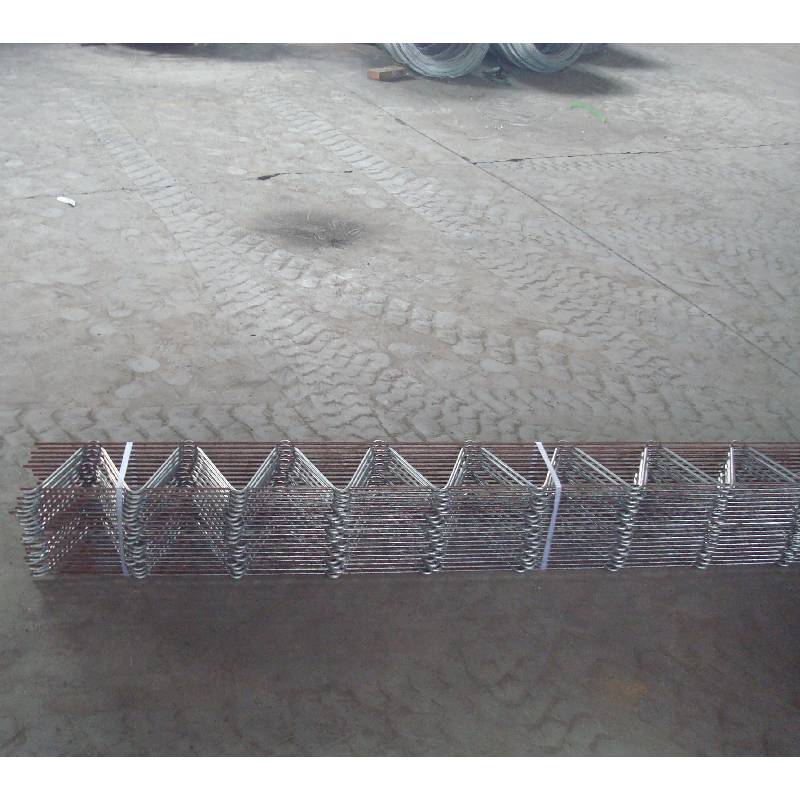
- Mobile Phone
- +8613931874955
- sales@cntcmetal.com
A Comprehensive Guide to 16 Gauge Galvanized Wire for Your DIY Projects and Repairs
The Versatility of 16 Gauge Galvanized Wire
When it comes to versatile and durable materials, 16 gauge galvanized wire stands out as an essential tool in a variety of applications. Galvanization refers to the process of coating steel wire with a layer of zinc to protect it from corrosion and enhance its lifespan. The 16 gauge designation indicates the thickness of the wire, making it ideal for a wide range of uses—from gardening and crafting to construction and fencing.
Understanding Gauge Measurements
Gauge measurements, specifically for wire, can be a bit confusing. A lower gauge number means a thicker wire, while a higher number indicates a thinner wire. At 16 gauge, the wire is approximately 1.29 mm in diameter, which provides a good balance between strength and flexibility. This makes it suitable for applications where a robust wire is needed without compromising on maneuverability.
Common Applications
1. Fencing One of the most common uses for 16 gauge galvanized wire is in fencing. It provides a strong barrier for livestock, gardens, and properties. The corrosion-resistant properties of galvanized steel ensure that the fence will withstand the elements over time, making it a cost-effective investment for homeowners and farmers alike.
2. Gardening In the gardening world, 16 gauge wire is often employed for trellises, plant supports, and garden borders. Its sturdiness allows it to hold up against heavy plants and climbing vines, while its flexibility makes it easy to manipulate into desired shapes.
3. Crafting Crafters and DIY enthusiasts also find 16 gauge galvanized wire invaluable. It can be used for creating sculptures, jewelry, and decorative items. Its durability means that finished projects can be displayed outdoors without fear of rusting or deterioration.
16 gauge galvanized wire

4. Electrical Projects Due to its conductive properties, 16 gauge wire is sometimes used in various electrical projects. However, it’s essential to ensure that it is used correctly to prevent any safety hazards. This wire can be utilized for low-voltage applications where its strength and versatility shine.
5. Miscellaneous Uses Beyond these primary applications, 16 gauge galvanized wire can also be used for tying and securing items in a variety of settings. Whether you need to bundle materials for a construction project or simply bind garden plants, this wire serves as a reliable choice.
Advantages of Galvanized Wire
The galvanization process adds several benefits to 16 gauge wire. Firstly, it enhances the wire's resistance to rust and corrosion, essential for outdoor use and in humid environments. Secondly, galvanized wire is generally more affordable compared to stainless steel alternatives while still providing ample strength and longevity. Lastly, the wire can withstand significant physical stress, making it suitable for applications requiring a sturdy material.
Considerations
While 16 gauge galvanized wire is highly versatile, there are a few considerations to keep in mind when using it. The wire can be challenging to cut and manipulate without the right tools, so investing in quality wire cutters is advisable. Additionally, while it is rust-resistant, prolonged exposure to extreme elements may eventually affect its integrity, so regular inspections are recommended for fencing and outdoor projects.
Conclusion
In summary, 16 gauge galvanized wire is a robust and adaptable material that serves a multitude of applications across various fields. Whether you are fencing your garden, supporting climbing plants, or embarking on a crafting project, this wire's strength and durability make it an excellent choice. By understanding its properties and capabilities, you can harness the full potential of 16 gauge galvanized wire in your projects.
share:
-
Your Source for Concrete Wall Ties and Masonry AccessoriesNewsJul.10,2025
-
Unlocking the Power of Iron Wire for Every ProjectNewsJul.10,2025
-
Explore Advanced Chain Wire and Stainless Steel Mesh FencingNewsJul.10,2025
-
Discover the Benefits of Annealed Wire ProductsNewsJul.10,2025
-
Discover China Stainless Steel Wire Mesh SolutionsNewsJul.10,2025
-
Build with Confidence Using High-Performance Masonry AccessoriesNewsJul.10,2025
-
Why Sacrificial Formwork Is Redefining Underground ConstructionNewsJun.06,2025



















